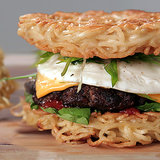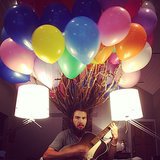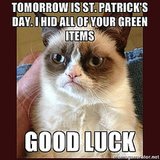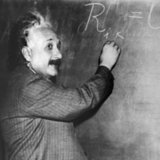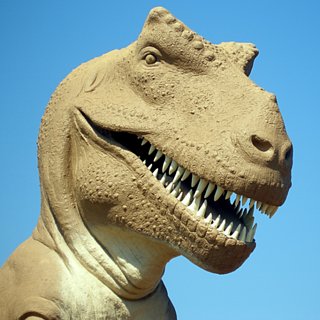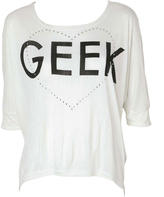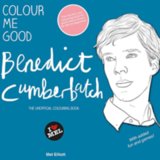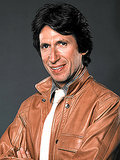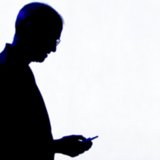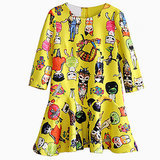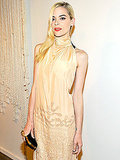Banned Science Fiction and Fantasy Books
The Hunger Games and 13 Other Frequently Challenged Sci-Fi Books
The annual Banned Books Week is currently underway to support the freedom to read and, according to the American Library Association, "to seek and to express ideas, even those some consider unorthodox or unpopular." Familiar and wildly popular books often make their way up the rankings of the ALA's frequently challenged books. The Hunger Games trilogy by Suzanne Collins is now a hit in the theaters, but in 2010 it made its first appearance in the Top 10 Most Frequently Challenged Books, at No. 5. The complaints against the books include antiethnic and antifamily messages, insensitivity, offensive language, occult scenes, and violence.

Despite First Amendment protection, banning or attempting to challenge books has a long history, with many cases even making it to the US Supreme Court. As the American Library Association explains, "Books usually are challenged with the best intentions — to protect others, frequently children, from difficult ideas and information." Science-fiction and fantasy books often contain these themes that some find questionable, whether it's alien life forms, magical powers, or mystical worlds. In honor of Banned Books Week, we're rounding up the most challenged science-fiction and fantasy books according to the ALA. Browse the list below.
- The Harry Potter series by J.K. Rowling — The stories of the wizarding world are seen by challengers to have occult and violent themes.
- The Twilight series by Stephanie Meyer — Its movie stars may provoke pandemonium, but critics of the book say it's too sexually explicit.
- The His Dark Materials series by Philip Pullman — The series beginning with The Golden Compass is often decried for its anti-religious viewpoints.
- The Giver by Lois Lowry — Despite the book's message of freedom of choice, criticisms are made for the fictional dystopia's bleak family outlook.
- Brave New World by Aldous Huxley — Offensive language, racism, and insensitivity are often cited in challenges to the future dystopian novel.
- Fahrenheit 451 by Ray Bradbury — The tale of a future world where the printed word is banned and systemically burned was criticized for offensive language.
- A Wrinkle in Time by Madeleine L'Engle — Children's search through space and time for their vanished father is often challenged for the inclusion of supposed witches.
Follow the break for more challenged books of the last 20 years.
- Ender's Game by Orson Scott Card — In 2012, a South Carolina teacher nearly faced criminal charges for reading aloud this sci-fi book about a child tasked with saving the world from destruction, after one parent called it "pornographic."
- The Goosebumps series by R.L. Stine — This series of supernatural mysteries had parents upset with the frightening plot lines.
- Shade's Children by Garth Nix — A sci-fi young-adult tale of postapocalyptic Earth was banned for obscene and vulgar themes.
- The Witches by Roald Dahl — The children's book of a boy's run-in with witches has been challenged for sexism and the inclusion of, well, witches.
- 1984 by George Orwell — The story of a totalitarian society where Big Brother is always watching was sighted in Florida in 1981 for procommunist matter.
- The Lord of the Rings by J.R.R. Tolkien — The fantasy epic of Middle Earth was burned in 2001 by a community church in New Mexico for "satanic" themes.
- A Clockwork Orange by Anthony Burgess — Offensive language is the reason the novella depicting a violent future world has faced criticism since its 1962 debut.
Consider learning more about banned and challenged books in a series of Google+ Hangouts taking place this week.































